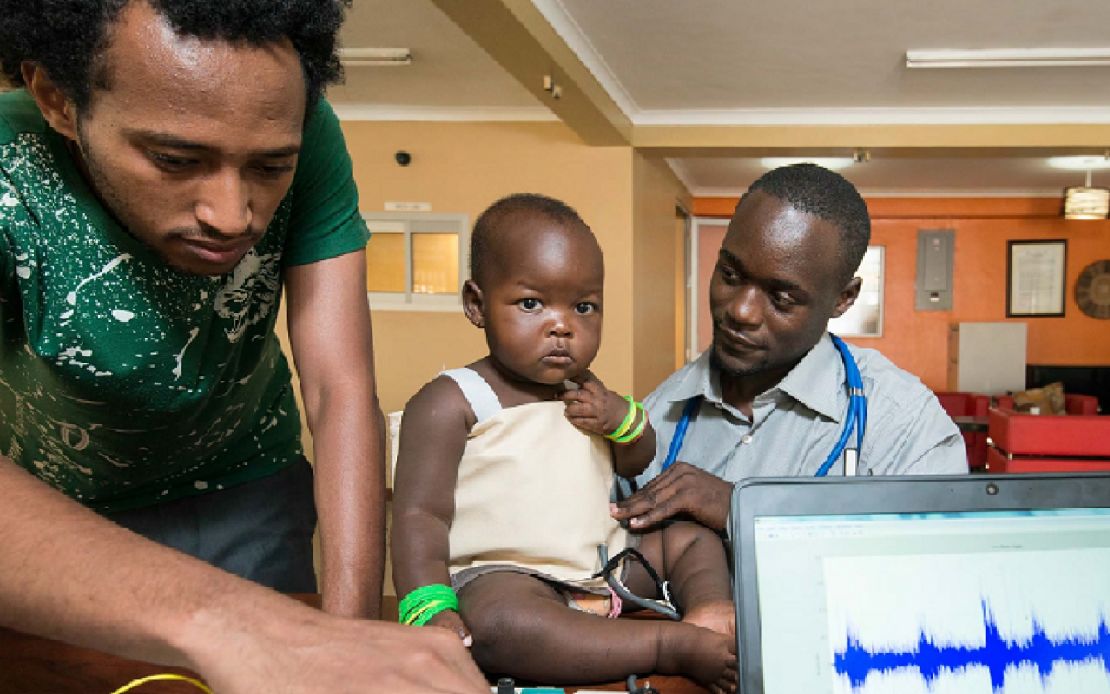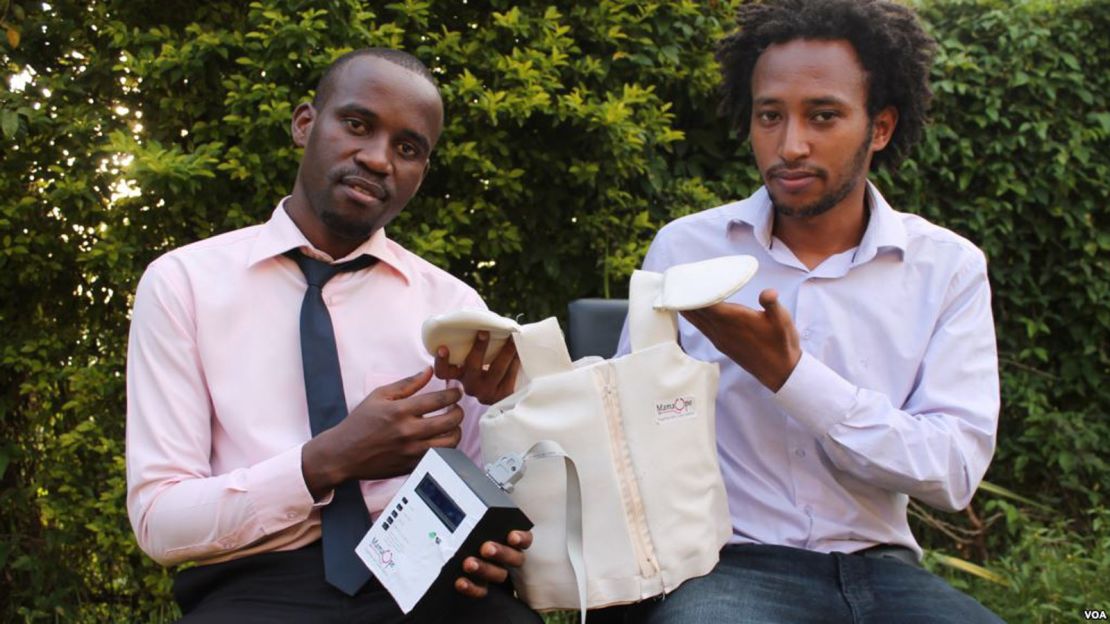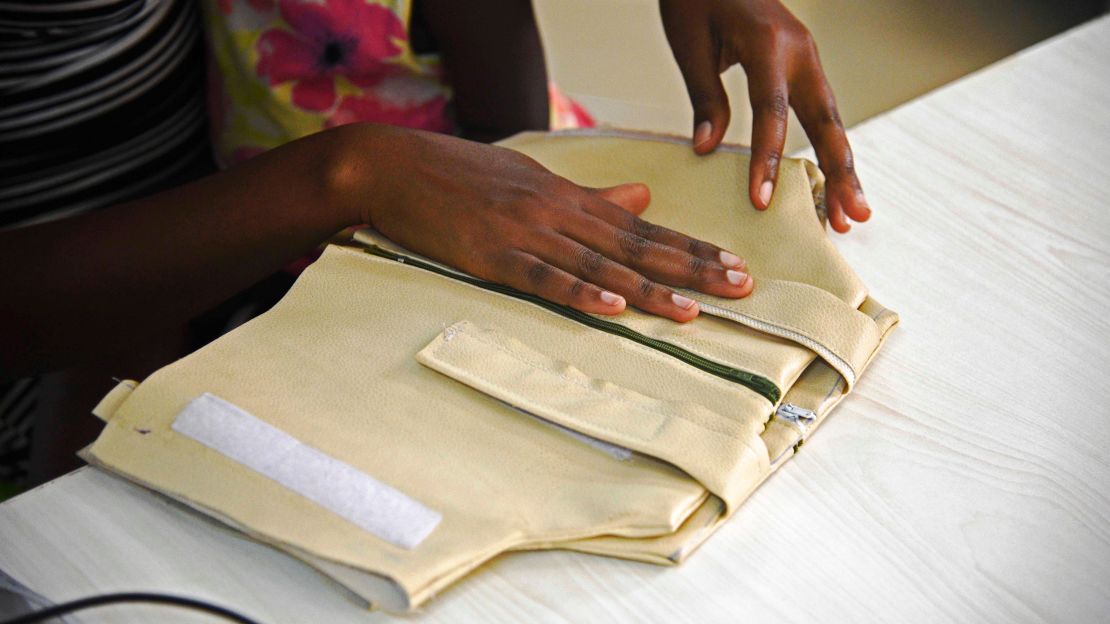Story highlights
The diagnoses is faster than a doctor
Pneumonia kills half a million children each year in sub-Saharan Africa
Getting a pneumonia diagnosis wrong can be fatal. As Ugandan inventor Brian Turyabagye knows all too well.
Turyabagye’s close friend and business partner, Olivia Koburongo, lost her grandmother to it; she’d visited several clinics which mistakenly diagnosed her with malaria. “At her deathbed, the prognosis reports indicated she actually died of pneumonia,” Turyabagye tells CNN.
Unfortunately, this story is all too familiar in Africa. “A misdiagnosis of malaria is really common,” Turyabagye says.
The problem is particularly acute with infants. According to UNICEF, pneumonia kills half a million children under five each year in sub-Saharan Africa.
In response, Turyabagye and Koburongo began formulating ideas about how to tackle the ongoing problem. They consulted medical experts to understand the specific symptoms of the disease.
Eventually, with the help of his tutor Mwikirize Cosmas at the University of Makerere in Uganda, Turyabagye and his team created Mama-Ope, a biomedical smart jacket that rapidly increases the accuracy and speed of diagnosing pneumonia.
How does it work?

Mama-Ope, or “Hope for the Mother” – so-called because of the 27,000 Ugandan children under five who die every year from pneumonia – is a jacket that measures body temperature, heart rate and lung condition.
The technology is similar to a stethoscope. It stretches across the whole chest and the side of a patient’s body. It surveys specific points on the lungs for symptoms of pneumonia, characterised by a swelling of the lungs caused by infection.
The jacket is connected to a mobile phone app via Bluetooth which sends, records and analyses the medical data, ready for a healthcare professional to make an informed diagnosis.
Turyabagye claims the jacket mitigates almost all human error and can diagnose pneumonia three to four times faster than a doctor.
Award-winning invention

His invention hasn’t gone unnoticed. In recognition for the biomedical smart jacket’s ingenuity, Turyabagye was the winner of Pitch@Palace Africa 2017, an event organized to support African entrepreneurs.
He was also shortlisted for the prestigious Royal Academy of Engineering Africa Prize 2017.
A breakthrough in biomedical technology
Given pneumonia causes more deaths for children under five than HIV/AIDS, malaria and diarrhea combined, it receives a relatively small amount of funding. UNICEF reported that for every dollar spent on global health, only two cents was directed to tackling pneumonia.

Currently, the jacket is still in the prototype phase.
“We are still working on the production concept,” Turyabagye says. If successful, the technology could be hugely beneficial to millions of people affected by the disease at the whim of inadequate and inaccessible health provisions.
It’s a timely invention, especially in a region with a chronic shortage of doctors. “The process to diagnose a patient is long and doctors are somewhat hard to make appointments with,” Turyabagye explains.
Turyabagye’s potentially cutting-edge biomedical jacket provides a standardised, efficient and mobile method of diagnosis that could provide hope, “Mother’s hope,” to the millions affected.















